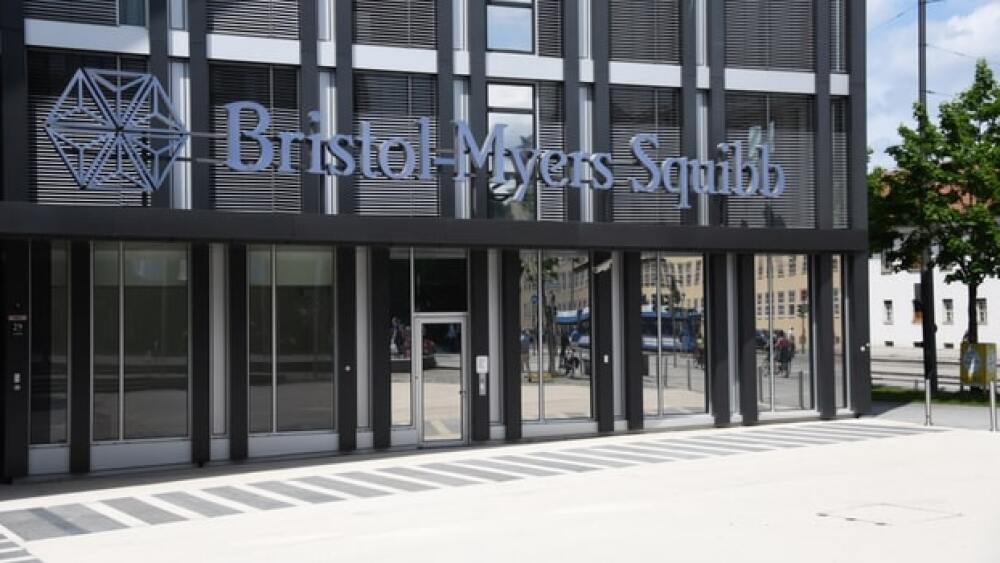Bristol Myers Squibb (BMS) announced Friday its decision to withdraw from the U.S. market the indication for its immune checkpoint inhibitor Opdivo® (nivolumab) as monotherapy for hepatocellular carcinoma (HCC) in patients previously treated with sorafenib.
nitpicker / Shutterstock
Bristol Myers Squibb (BMS) announced Friday its decision to withdraw from the U.S. market the indication for its immune checkpoint inhibitor Opdivo® (nivolumab) as monotherapy for hepatocellular carcinoma (HCC) in patients previously treated with sorafenib.
The U.S. Food and Drug Administration (FDA) granted Opdivo this indication back in 2017 under the agency’s accelerated approval program. This move made Opdivo the first immunotherapy to receive approval for use in the setting of post-sorafenib HCC.
The company’s recent decision to voluntarily withdraw this indication for Opdivo follows the FDA’s assessment of accelerated approvals for immune checkpoint inhibitors that have not met post-marketing requirements, particularly in terms of demonstrating benefit.
Accelerated approval of Opdivo was based on tumor response findings reported in the Phase I/II CheckMate-040 trial. However, the confirmatory randomized trial CheckMate-459, which compared first-line Opdivo with sorafenib, did not show statistical significance for the primary endpoint of overall survival. This lack of a statistically significant benefit sent immediate warning signs to the FDA.
As such, the regulatory agency recommended against upholding the approval for the Opdivo in the approved indication. “We are disappointed by the position the Advisory Committee and the FDA have taken regarding the continued approval of Opdivo monotherapy as a treatment for HCC post-sorafenib,” said BMS’ senior vice president and head of oncology development, Jonathan Cheng, in a statement.
“For the past three and a half years, Opdivo monotherapy has been an important option that physicians have relied on to address this need and is currently the most commonly used therapy in the post-sorafenib setting,” added Cheng. “We continue to support the FDA’s accelerated approval program, which has been integral to enabling people with difficult to treat cancers to gain access to certain safe and effective new therapies sooner.”
In its announcement on the indication withdrawal, BMS continued to support the combination of Opdivo with Yervoy for patients with HCC who have experienced progression on or developed an intolerance to sorafenib. The Opdivo and Yervoy combination won accelerated approval with the FDA in March 2020.
The recent voluntary withdrawal of the Opdivo monotherapy indication does not affect the Opdivo and Yervoy dual regimen, the latter of which is currently undergoing Phase III testing in the CheckMate-9DW trial.
Concurrently with BMS’ efforts to dominate the treatment landscape for HCC, Merck is still looking to present its rival PD-1 inhibitor therapy Keytruda as an option for liver cancer following treatment with Nexavar (sorafenib). In 2019, second-line Keytruda failed to prolong survival compared with placebo and best supportive care in the late-stage Keynote-240 trial. The failure of the trial provided a setback for Merck in this indication, as the company had just won FDA approval in 2018 for post-sorafenib HCC treatment.
The FDA expert panel had voted to keep Merck’s conditional approval for Keytruda, but the panel is maintaining a close eye on a readout from the Keynote-394 trial conducted in Asian patients. The primary completion date for the study is slated for the end of June, but Merck hasn’t announced results from the trial.





